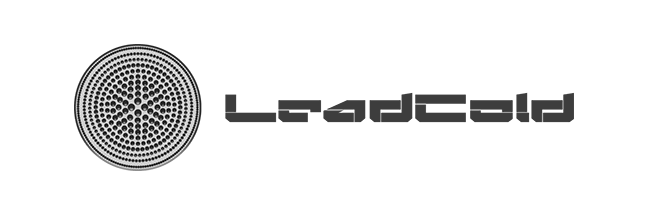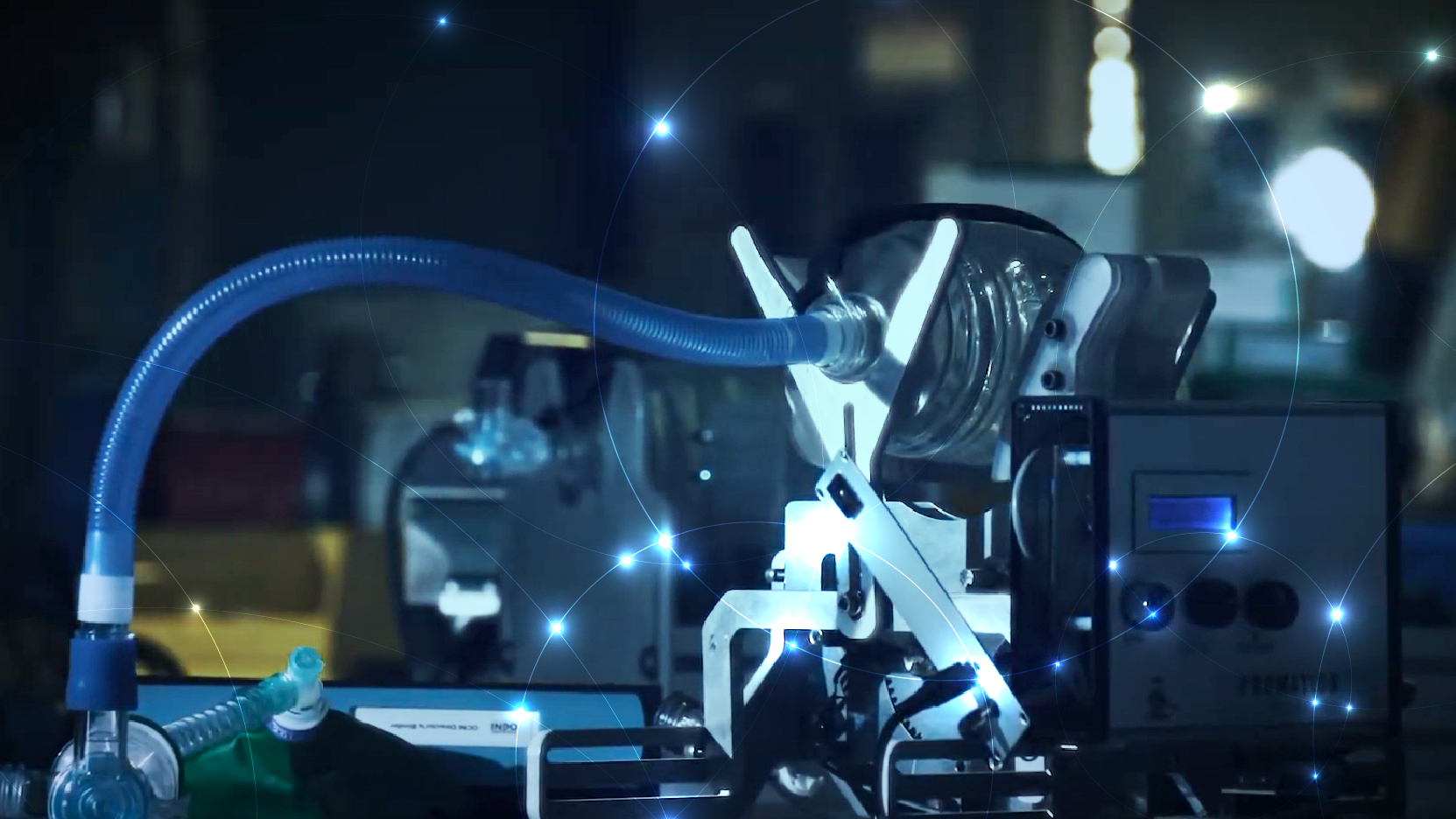Finding New Ways To Forge Ahead

Investing in R&D
More than an automation company, Promation is a catalyst for change. We conduct research programs into the possibilities of robotics, complex tooling, 3D printing, radio-pharma and aerospace; and we investigate the application of new technologies in additive manufacturing, medical isotopes and nuclear power generation, including a recently added Vision and Scanning Lab. Our partnerships with leading universities help us to apply novel industrial automation solutions, while our work with top academic researchers enables us to transform theoretical research into practical applications that deliver ROI for our clients.
We don’t just find solutions. We use our knowledge, curiosity and three decades of experience to navigate the uncertainty that arises from the question, “Can this be done effectively?”
Promation has always chosen to make substantial investments in R&D. We thrive on technical challenges, and it is this spirit of innovation and entrepreneurship that drives our business.
Why invest in R&D? Because, as engineers, we’re always looking for ways to improve manufacturing systems. We strive to adopt new technologies and solve our customers’ challenges. Promation’s determination to deliver an optimum solution ensures that our customers achieve their business results through our specialized capabilities.

Solving customer challenges
Do you have a technical roadblock that you can’t solve? Or are you visualizing a new product or part that you need, but can’t find a way to build it? Promation can help. Our extensive experience in industrial R&D has allowed us to develop a process through which we can tackle and solve your challenges, efficiently and cost effectively, with minimal downtime. We can help you to manufacture or generate faster and better.

Turning academic research into real-world solutions
One of the key tenets of our approach to innovation and research is our partnerships with universities and health science centres. Working with the best and brightest students and professors at these institutions allows us to discover solutions we might not have found independently. It also helps our company attract and retain the best engineering and technical talent.
“Promation is an exceptional partner for the long-term business and technology development and commercialization in nuclear markets. Promation has been supplying its expertise of automated systems for joint nuclear R&D projects in Canada, UK and Sweden since 2014. I’m looking forward to working with Promation on coming projects.”
Janne Wallenius // Professor, Division of Nuclear Engineering, KTH Royal Institute of Technology, Stockholm,
Founder and CTO of LeadCold

We’re looking for research partners in challenging industrial applications
Promation excels in industrial, quick turn-around, cost-effective research and development. We are skillful collaborators, and we use our network of research institutions to arrive faster to hard solutions.
Promation has developed an internal network of market and customer-specialized labs with ample capacity for Industrial R&D. Jointly, the labs are capable of solving complex problems which require expertise and capability from various technical fields.
Promation is currently seeking cutting-edge industrial partners to assist in the development and refinement of industry-specific applications including feasibility studies and proof-of-concept. Interested in taking part?
Promation Labs
Promation works with many customers who teamed up with us for finding cost-effective solutions. We are always ready to consider new applications requiring our labs’ expertise across multiple technologies and Industries. Our specialized labs are ready to work for you: individually for specific customers or collaboratively for more complex solutions.
Promation has its own material lab for research, quality control and to support our 3D robotic printers development. Our lab is supplemented by a state-of-the-art multi-scale additive manufacturing lab at the University of Waterloo with high-level, material-scientific characterization capabilities. We can print and test prototype parts.
The cornerstone of our machine vision practice, our Vision and Scanning Lab is used both for training and strengthening our internal teams and for demonstrating vision processes for our customers. The lab offers an opportunity to set up a real-world challenge and allows Promation to innovate a solution and undertake proof-of-concept studies, without shutting down your assembly line. The Vision and Scanning Lab lets us test the challenging applications for lighting, lensing, filtering and material surface, as well as scanning that may be critical for the accurate solution.
Widely used by our clients, the Robotics Lab helps us to investigate challenging robotic applications even before starting a commercial project for our customers. The lab’s purpose is to increase the accuracy of our solution for customers. We can test industrial robots for accuracy, precision, collaborative interaction with operators; and we can check the effectiveness of the end-of-arm tooling, which is always custom designed for a specific job. This lab gives us a better opportunity to learn and adopt the newest techniques in industrial robotics.
The Nuclear Lab is very critical for finding and proving solutions, especially in applications requiring long-term development. The lab creates tests and simulations to de-risk these concerns; and tests are carried out in a controlled environment, which may involve a Clean Room or Secure Access Room. In areas where a high level of catastrophe occurs when systems fail, an exceptional level of focus needs to be the execution of real-world trials to ensure that safety and compliance is adhered to, by:
• Creating tooling and trials in our lab-focused system
• Executing tasks through robotic and manual manipulators in hot cell mock-up
• Performing activity-specific studies using an abundance of technologies
• Conducting trial-and-error training exercises for implementation in risk environments
The Aerospace & Defence Lab has common capabilities with the Nuclear Lab in terms of a controlled environment. In addition, Control Goods can be applied if required by the project. We develop and prove our specific solutions for the industry, applying rigorous tests systems and tooling developed by Promation for our customers.
Breaking new ground
Our research and development team is constantly finding new ways to reduce industrial reliance on manual labour.

Response to the Pandemic: The 3-day Ventilator project
An important part of our research program is finding new ways to build medical equipment, faster. During the 2020 onset of the COVID-19 pandemic, our team was tasked by the University Health Network (UHN), University of Toronto (U of T), and Mackenzie Innovation Institute (Mi²) with building a low-cost ventilator. Our team designed, machined, programmed, built and tested two functioning prototypes, to ensure reliability, durability, safety and ease of use. The design can easily be mass-produced and was shared with other engineering teams around the world.

Gap Gauge Tool
Promation developed this tool to continuously and precisely measure the gap between the end fitting and coupling during Lower Feeder installation. Utilizing Promation Nuclear's Gap Gauge Tool, straight production times for Lower Feeder Installs improve at an average rate of 20-30 minutes per channel during a refurbishment campaign, or potentially up to two hours on a Single Fuel Channel Replacement. Further, there is substantial in-situ time savings for human factors in comparison to utilizing legacy tools, as well as risk mitigation during Primary Heat Transport System hydrostatic testing. Our solution eliminates antiquated feeler gauges that are used in an extremely constrained environment, with a digital and robust tool which provides measurements to a thousandth of an inch.

Collaborative Robotic Solution for the Nuclear Market
Taiga Robotics was founded in 2015 with the goal of enabling emergency responders to use robotics. While researching the challenges described by the Fukushima robot operators, Taiga’s founders realized that the difficulties the operators faced stemmed not from physical limitation of the robots used but from the way they were controlled.
